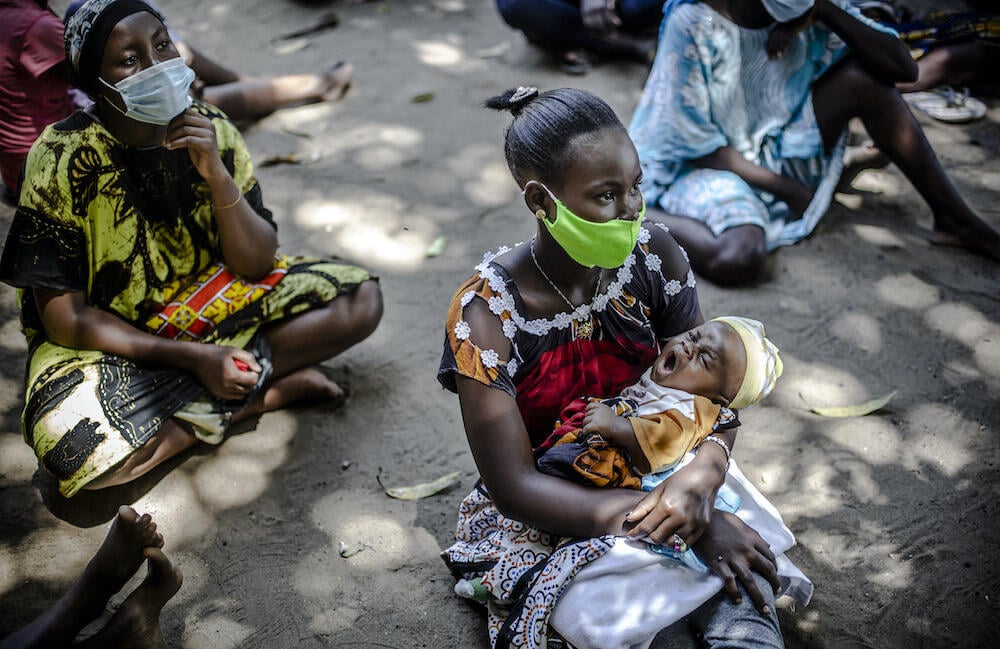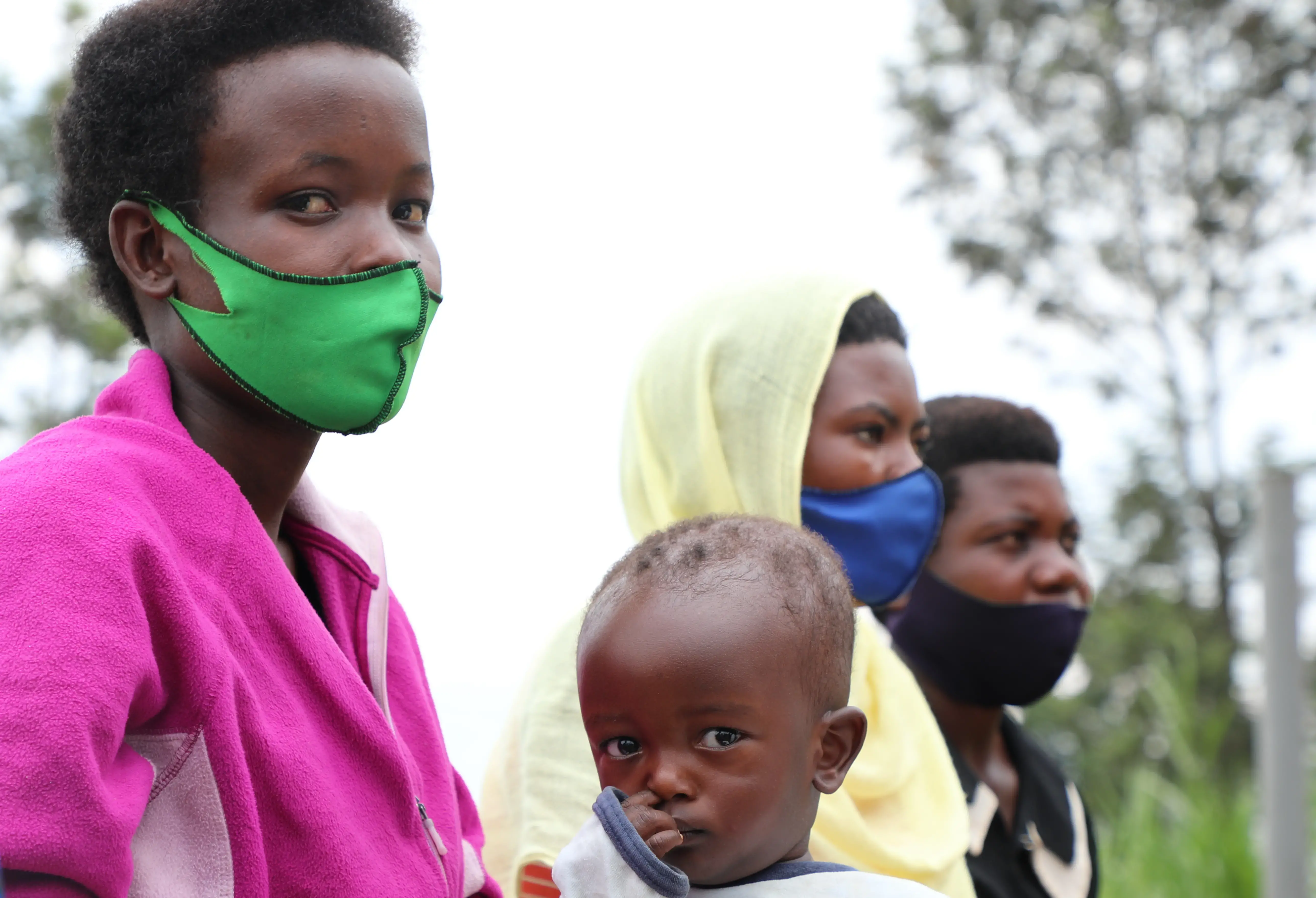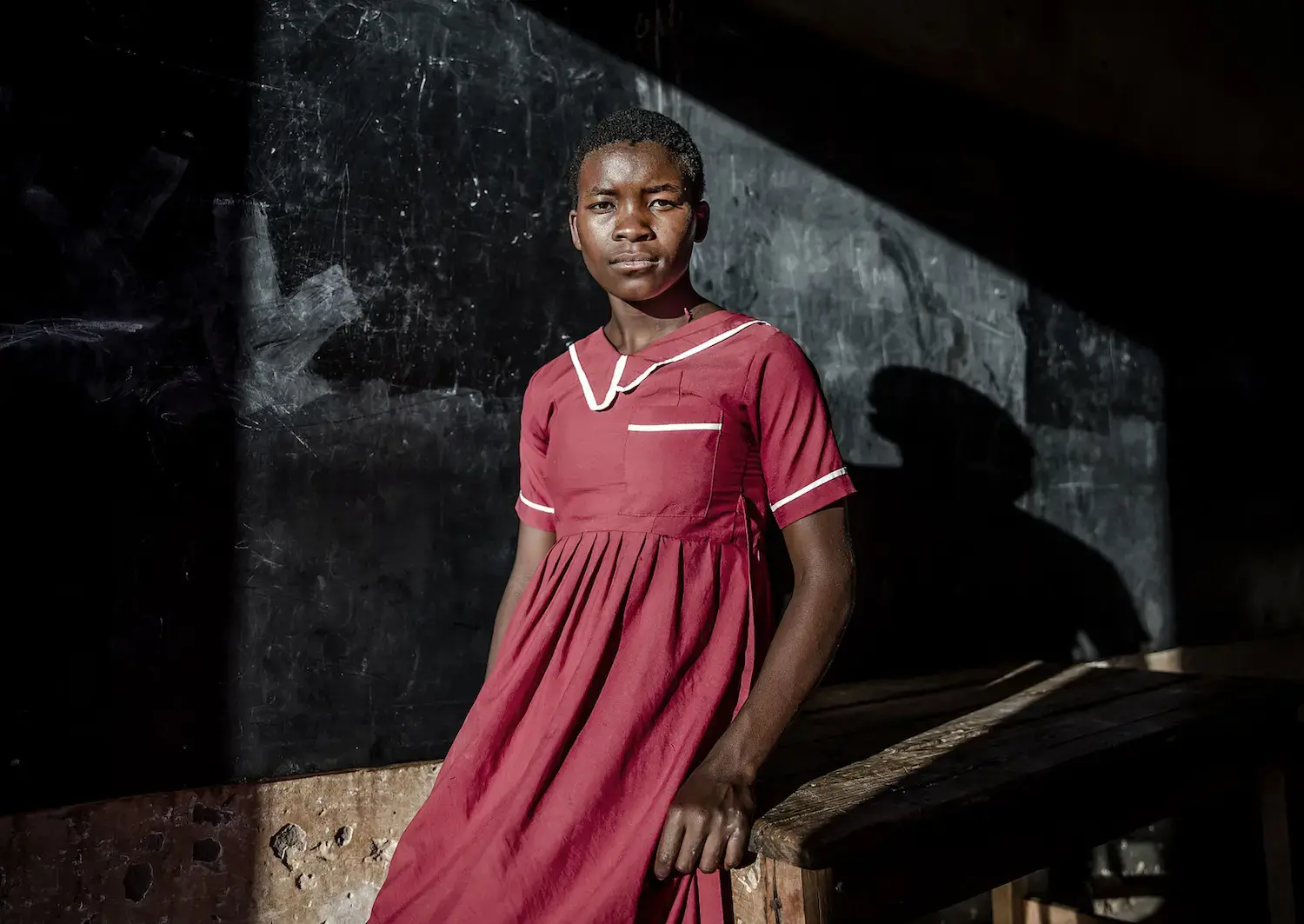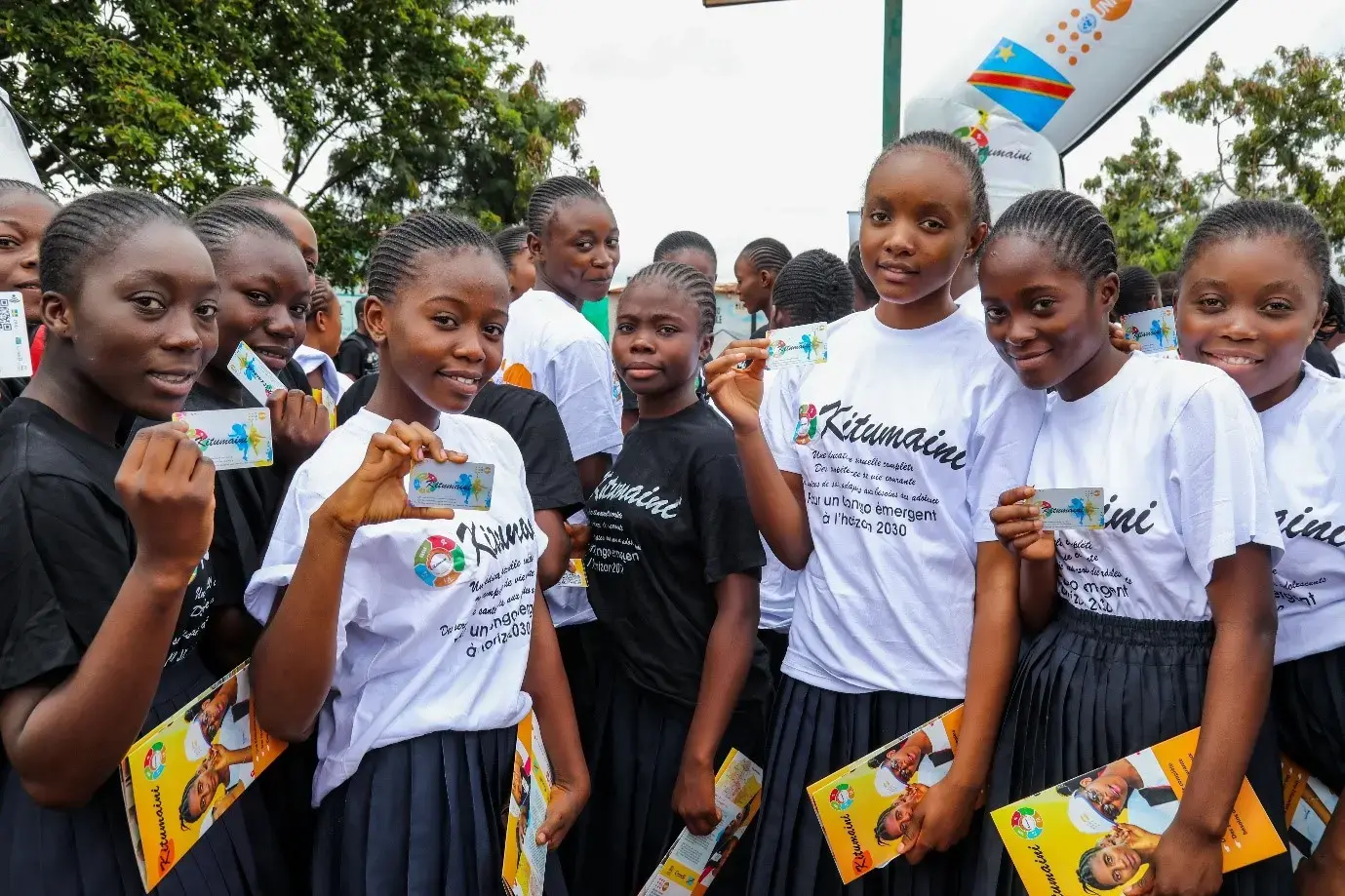KILIFI COUNTY, Kenya—The diminutive figure wields a surprisingly strong, authoritative voice. Fourteen young mothers are listening to Priscilla Chingulu, who is adept at inspiring crowds. For a nation with an acknowledged teenage pregnancy problem – and even more so during the COVID19 pandemic – this group represents a small but important step forward.
“What other methods of contraception are available?” Ms. Chingulu asks the participants in the First-Time Young Mothers programme.
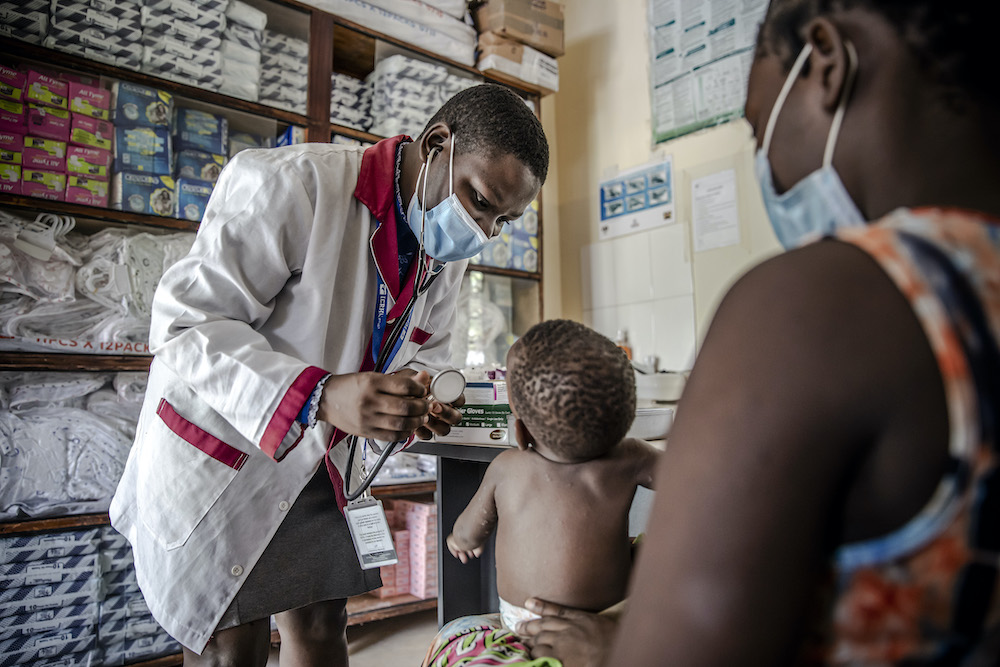
A clinical physician at Mtwapa Health Centre and the youngest of 21 children, she adopts an approach to young mothers that is far from clinical. She knows what it means to be a girl growing up with little parental support, despite her parent’s best efforts.
“You cannot help but get involved in these girl’s situations. You realize what is happening to them could just as easily have happened to you,” she says.
You realize what is happening to them could just as easily have happened to you.
Her colleague, Dora Kobags, agrees.
“No one talked to me about sex while [I was] growing up. This is despite having parents who went to school. You can imagine what is happening – or not happening – in less educated family settings,” she says.
Bridging the knowledge gap
A lack of knowledge about sexual health and family planning pervades Kilifi County’s conservative culture. The silence has led to one of the highest teen pregnancy rates in Kenya, at 22 per cent, compared to the national average of 18 per cent, according to the Kenya Demographic and Health Survey (KDHS, 2014).
“This is why we try our level best to bridge the gap in terms of awareness,” says Ms. Kobags.
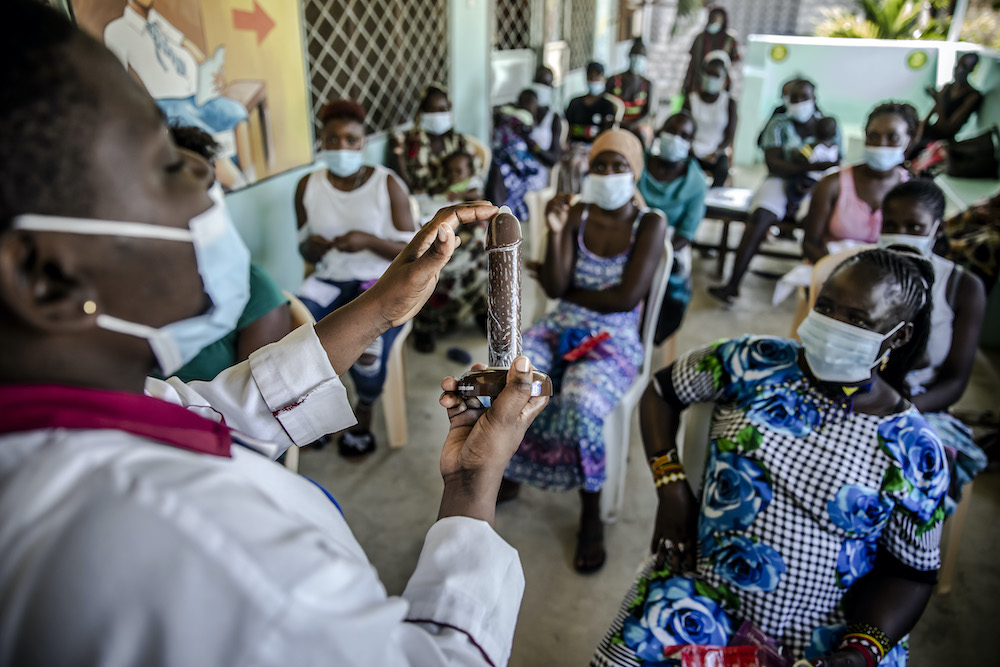
“In our culture, if you are found pregnant they will force you to marry immediately, regardless of the circumstances,” Ms. Chigulu adds.
They are taking urgent steps to give girls in Kilifi their future back.
In October last year, Mtwapa Health Centre helped deliver and provide support to 225 first-time young mothers. More than half of them were well below 19 years old, according to Ms. Chigulu.
In an environment where most families view sex as a taboo subject and the family’s reputation and status is paramount, parents are often in denial about their children being sexually active, Ms. Kobags says.
Social media has taken over from traditional guidance. It’s no wonder there’s a rise in [teen pregnancies] with such a poor teacher.
“Everyone is working, no one has time – especially during this COVID-19 pandemic, where many parents are struggling to find a stable income. In some cases, parents demand that their children earn money and [they] do not ask where this cash comes from,” she explains.
Compounding the misinformation is that Kilifi youth are increasingly seeking guidance from social media instead of receiving it through genuine parenting.
“These days, young women are getting advice from edutainment. Social media has taken over from traditional guidance,” says Yusuf Barry, who heads a youth group launched at the centre. “It’s no wonder there’s a rise in [teen pregnancies] with such a poor teacher.”
The lack of guidance also places young women at risk of other precarious outcomes.
Coming to terms with HIV status
Jenna Kerubo* was in Form 4 at secondary school when she found out she was HIV-positive, while donating blood. Afraid of how her parents would react, she began a nomadic life, moving in with boyfriends or relatives. She lived in fear of rejection and hid her HIV status.
She became pregnant by her boyfriend and eventually told him.
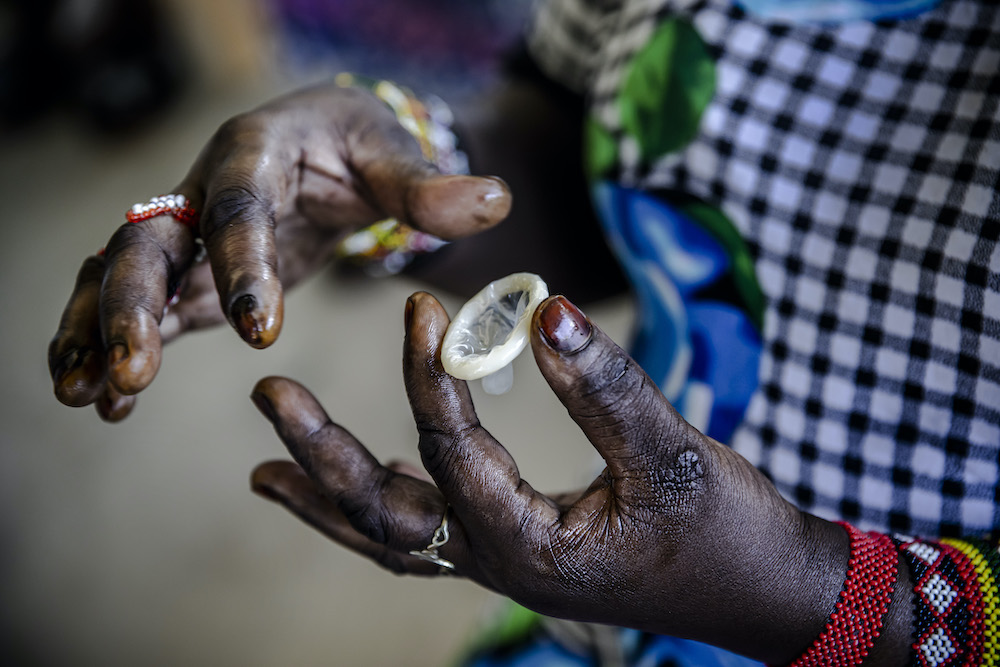
“He was actually okay with my status, but from that day he did not want to share the same cup with me and bought separate plates,” Ms. Kerubo says.
The stress of this situation affected her will to eat, which impacted her ability to maintain her antiretroviral treatment (ART) regime. Her boyfriend’s mother kicked Jenna and her two-week-old baby out of his home. She had nowhere to go. On two occasions since, the young mother has attempted suicide.
My boyfriend did not want to share the same cup with me and bought separate plates.
Through word of mouth she learned of the First-Time Young Mothers programme, where she had access to information and counselling from staff members and volunteers.
“They were my biggest supporters, and still are,” she says.
Fransisca Adhiambo, a mentor on the programme, was one of the first to reach out to Jenna. “It’s still difficult [for her] since she is looking for work but she is in a better place than before,” she says.
Providing supportive counselling is critical
The ability to talk about their hardships and receive supportive counselling in a caring environment makes a substantial difference in the lives of these young women.
“In some ways, having community support is more important than the medicine itself,” confirms Ms. Adhiambo.
In 2020, an exceedingly difficult year due to the pandemic, staff at Mtwapa Health Centre safely delivered 1,380 babies, according to Dr. Samia Mahbrouk, centre director.
“Most women never had a platform to express themselves before this centre came, and mothers would give birth [attended by] unskilled birth attendants,” says Dr. Mahbrouk.
It’s so rewarding to see these girls open up. Some come here shy and dejected, and now they are the first to speak up.
Ms. Chingulu uses props to aid her demonstration on family planning to educate the young mothers. As she puts them away, the women chat among themselves and their new friends who work at the centre.
“It’s so rewarding to see these girls open up,” she says. “Some come here shy and dejected, and now they are the first to raise their hands, the first to speak up. I don’t know what we would do without this place.”
* Name changed to protect privacy.

